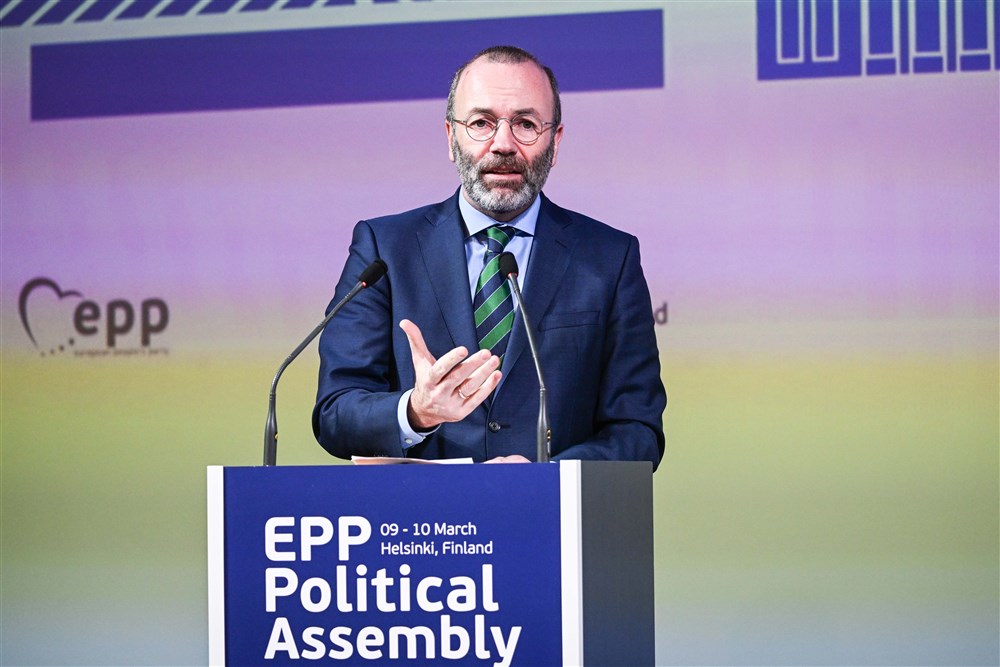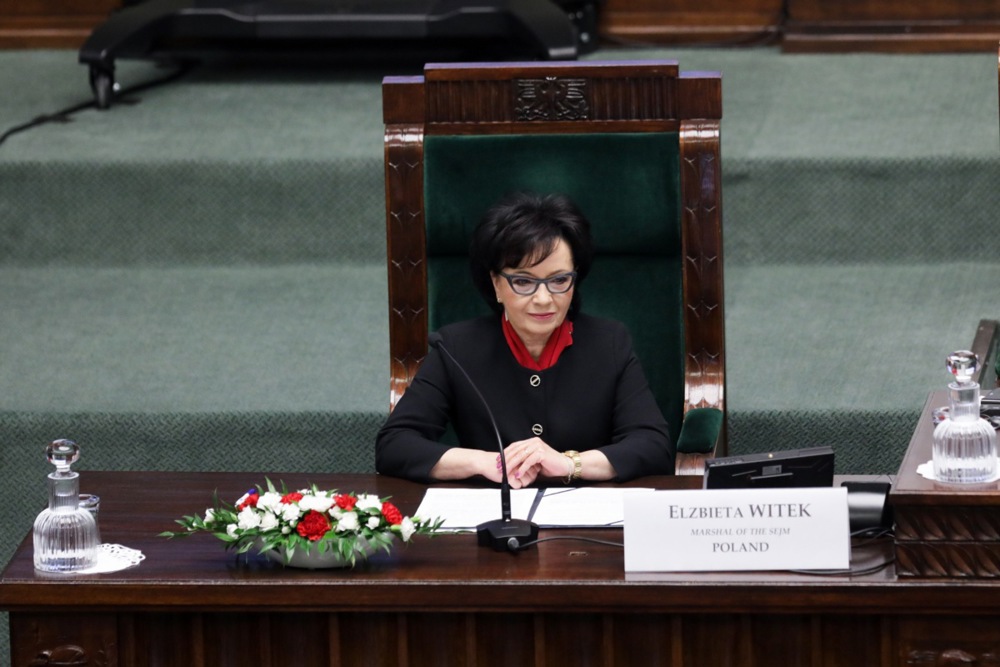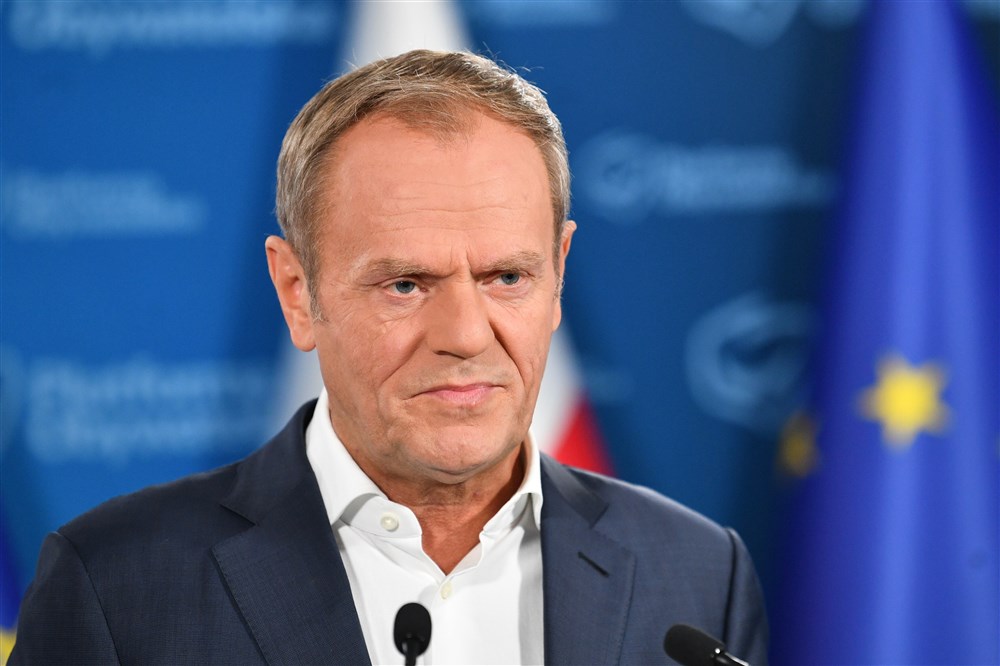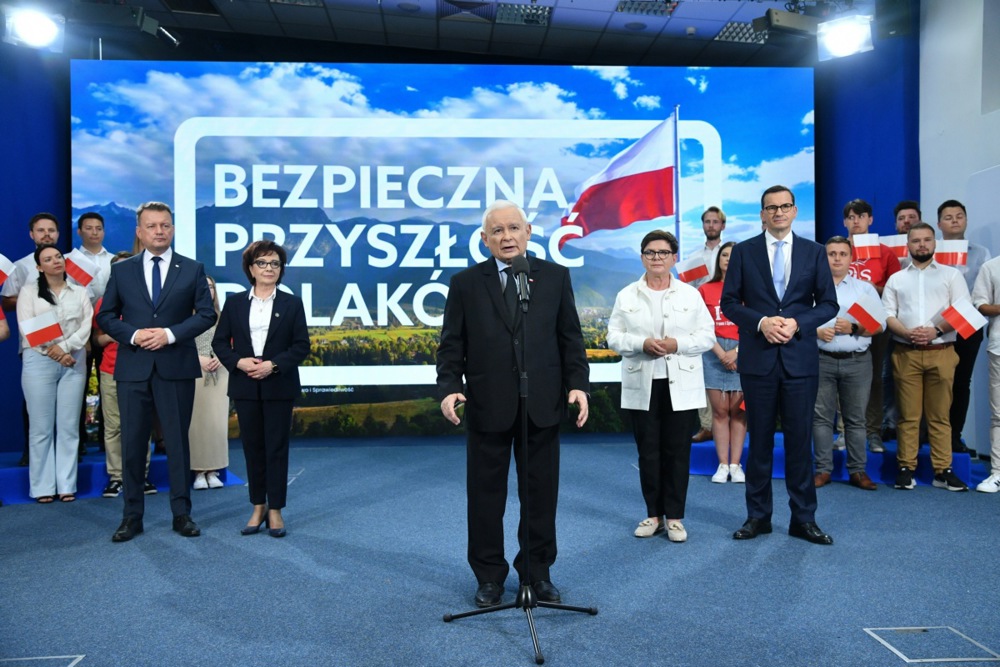The Polish Government’s spokesman has suggested that Poland will be able to access billions of euros in European Union post-COVID pandemic recovery funds after the October 15 national elections. It is not the first time Warsaw has said that the matter would be resolved soon.
Poland is due to receive €23.9 billion in grants and €11.5 billion in loans from the EU’s pandemic relief fund under the National Recovery Plan (KPO).
But Brussels has said that before these funds can be unlocked Poland must meet a series of rule-of-law “milestones” including full compliance with an EU court ruling requiring Poland to change its system for disciplining judges.
On August 22, the government spokesman Piotr Mueller told a press conference that “after the elections, when the desire to make political demonstrations by some officials from the European Commission disappears, because the elections will be decided, the funds from the KPO will flow to Poland exactly in the way as they should have”.
The Polish opposition is critical of the government on the issue, arguing all that has to be done to unlock the EU funds is to meet the “milestones” – which have already been agreed with the EC.
The reforms of the disciplinary system affecting judges have been blocked as a result of President Andrzej Duda’s decision to send the legislation passed by parliament to Poland’s constitutional court as he feels it adversely affects his powers to appoint judges.
The constitutional court has not been able to proceed with Duda’s push as there is internal conflict about whether its chief justice Julia Przyłębska’s term of office has expired and the court is unable to reach the required quorum to proceed with ruling on the legislation.
The issue of the EU funds is being raised by the opposition led by Donald Tusk, which claims that its victory at the polls would automatically unlock the cash. The government has hit back accusing the opposition of being disloyal to the Polish state by encouraging the EC regarding the rule-of-law dispute.
There is also disagreement on the Polish Right about the issue. While Prime Minister Mateusz Morawiecki has maintained that Poland was right to engage in dialogue with the EC and patiently wait for the funds’ arrival, the justice minister Zbigniew Ziobro has not toed the line.
From the outset of the dispute he has argued that Poland should have vetoed the conditionality mechanism the EC forced through the European Council when the EU budget and the EU post-pandemic funds were being agreed.
The Confederation party, the challenger to Poland’s ruling PiS on the Right, has argued that the govenment should not have agreed to the post-pandemic funds as they constitute “the mutualisation of debt by default”. The party refers to the fact that all the Member States have agreed to borrow the post-pandemic funds.
Confederation has also argued that, since EU funds are being withheld from Poland, then the country should consider threatening withholding Poland’s EU budget contributions. This stance has been rejected by the PiS as an unnecessary escalation of the fall-out.
Jacek Czaputowicz, the former PiS foreign minister, has recently argued that Poland had failed to stop the conditionality mechanism and, having backed down over its judicial reform, still had not received the post-pandemic funding from the EU.
But this will come as no surprise to Dr Małgorzata Bonikowska from the think-tank International Relations Centre (CSM) who said when the conditionality mechanism was being adopted in 2021 that she “couldn’t understand how Poland and Hungary accepted the conditionality mechanism in the European Council knowing that they could then never stop it in the Council of the European Union in which decisions are taken by qualified majority voting”.
Morawiecki argued at the time that it was not in Poland’s interests to stop either the budget or the post-pandemic funds over the conditionality mechanism as the other Member States would have found ways to work around Poland and Hungary’s resistance.
The wait for Poland’s post-pandemic funds goes on despite the repeated statements from the Polish Government that a resolution of the matter is on the way.





